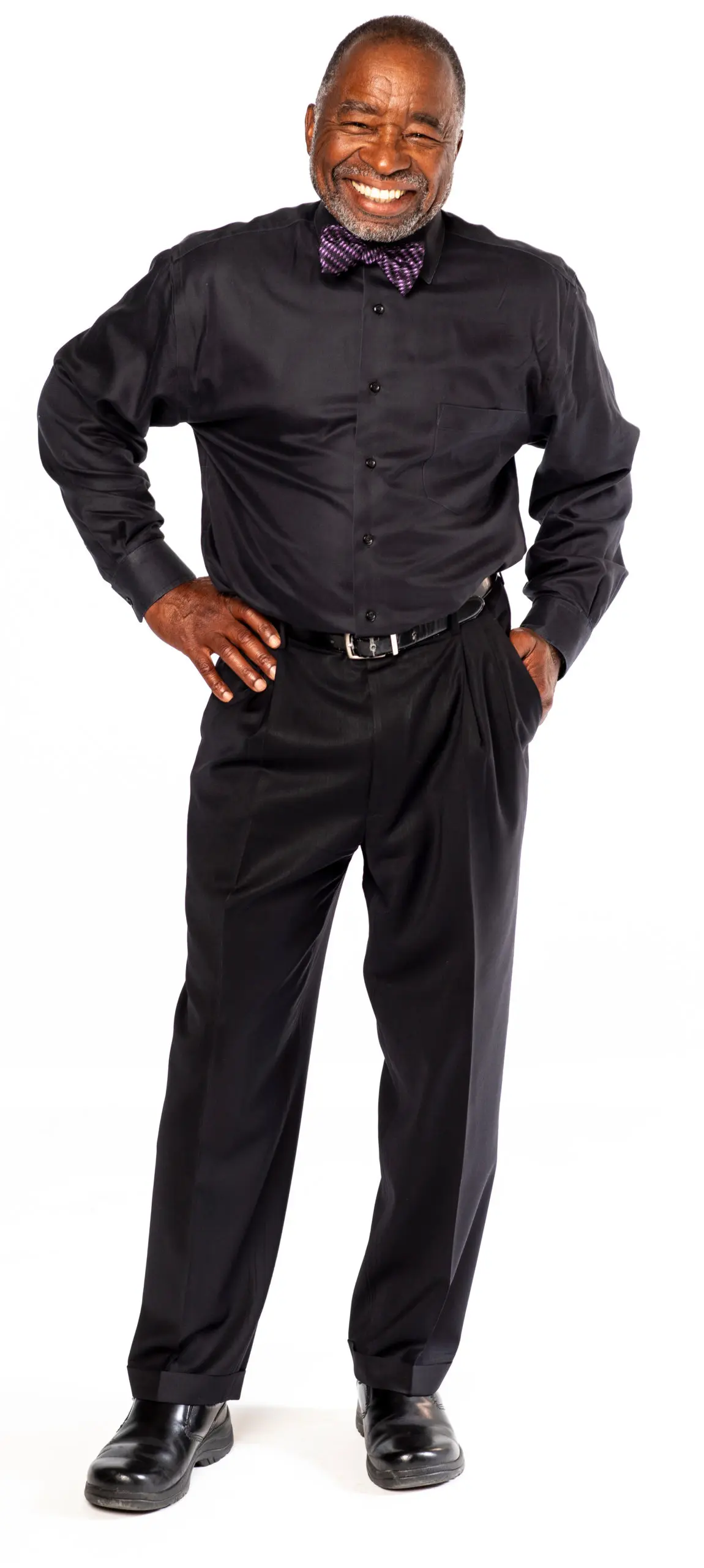What were the three most important things you learned at school here?
Be available to all students, especially students of color. Recognize talent and actively develop it. Be involved in your community.
Does medicine run in the family?
My mother was a nurse and hospital administrator, and my dad was a physical therapist, so I wanted nothing to do with medicine! I pursued engineering. Although I loved the science and math, I wanted more social interaction.
Talk a bit about being a Black medical student.
Becoming a physician requires navigating the vast gray areas among professional norms of idiom, content knowledge, conduct, and overlapping cultural norms of appearance and language. The dissonance associated with maintaining a personal identity while assuming a professional persona can be confusing and disconcerting to students of color. Having a mentor who has navigated that difficult terrain is critical to success.

What can the School do?
We need to continue recruiting, retaining and promoting diverse residents and fellows to stay as faculty. As mentors, we become living examples and resources to our students, helping to attract and keep underrepresented minorities.
I hear you retired for about two seconds.
(Laughs.) I knew that when I retired, it wouldn’t be the end of my career. Then I got a call from International Community Health Services, which focuses on underserved populations. The CEO offered a professionally challenging position working with an underserved population and a modest income for a semi-retired executive. She had me before she mentioned the pay. I was — and continue to be — thrilled.
What would you tell a person of color who wants to be a doctor?
Remember resilience. The path will not be easy or straight. Find your friends, find a mentor, and find community. Resist the mentality of victimhood. Lean into the challenge.
Rayburn S. Lewis, M.D., is the chief medical officer of International Community Health Services, the former chief executive of Swedish Health Services-Issaquah Campus, a member of UW Medicine’s Education Development Council, the past president of the Washington State Association of Black Professionals in Health Care, and the co-chair of Bike Works’ board of directors.